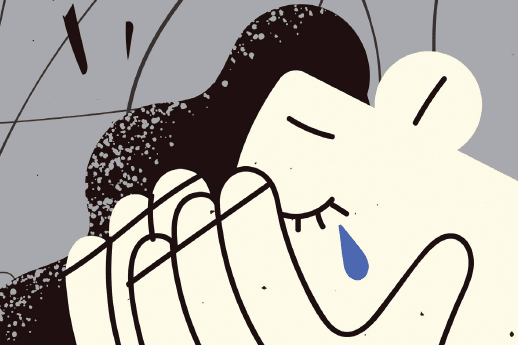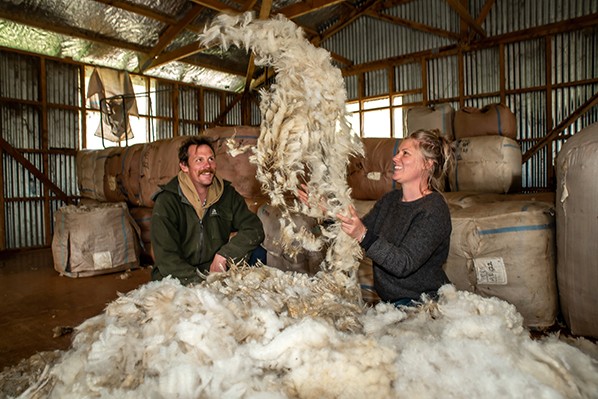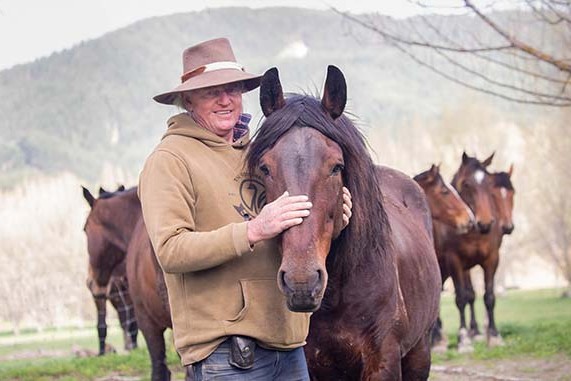Loosening the choke-holds
Worry is natural, but direct it at things you have control over, Peter Andrew writes.


This year it feels like we are all going to be deep in that bunker from hell.
Having the odd fairway bunker to negotiate has long been a part of farming and the ever-changing world market.
Cyclone Gabrielle has caused havoc across Tairawhiti, Wairoa and to our close cousins to the South. It has been a cold reminder that nature is really in charge.
She has been a reminder of the value of resilient farming systems and the need for us all to continue with this in the future.
High interest rates, high costs and depressed market prices are all going to put a choke-hold on the way we run our businesses and the way we farm. This is a natural business cycle that has challenged us many times before.
Unfortunately, this time we also have the climate change brigade’s social experiment of planting Gisborne district’s top farmland in permanent pines, which means your average cocky has a few more things to think about.
It is easy to have a bit of brain overload and brain fade. Changing times can cause stress and worry, which can impact the farm and the whole family.
Where to with what ifs
Changing times mean it is also a very good time to seriously think about the way we do things.
The number one area to start with is the top two inches; it’s a good time to push the reset button on that special place. It is important to remember the priority position that the family should and must take. We all need to work hard to create a positive and healthy family environment.
It is natural to worry; worry is just our minds trying to find the best escape pathway out of the current hole we find ourselves in.
The mind throws a cluster bomb of “what ifs” to get us out of a current pickle. And some of us appear to have quite a few pickles to handle on a daily basis.
This process is handy if we are faced with a charging bull, or the huntaway flips over to “I’m sure I know where this mob needs to go”.
Worry provides us with a bucket-load of great solutions interlaced with appropriate swear words to accompany the implementation. A handy legacy from the caveman days.
Stress, when pointed in the right direction, is the breakfast of champions. Managing stress is an artform by our top operators. It enables them to positively move through the challenges thrown at them each day.
Our cavemen would definitely have had climate change, but thankfully no surviving zealots and probably little to no debt.
Debt and high interest rates can be a stress magnet, with a classic caveman play of revisiting in the early hours of the morning to offer a bucket-load of solutions to mull over. We need to be careful to manage our worry, as too often too much energy is burnt and sleep lost worrying about issues we have little control over, such as international interest rates. Do what you can with your bank manager to manage the lending, tell the caveman who calls to piss off, and worry about something a little closer to home, like getting to every one of your son or daughter’s sports games this year.
We don’t want to worry about activities that we don’t have any control or influence over.
A classic example is being a stressed passenger on a plane.
Unless you are trained in aviation, stressing out and creating a load of “what ifs” is going to be of little assistance to the pilot.
Make sure you save your worry for something you will have a greater influence on.
Climate change brigade
Over the years we have had challenges thrown at sheep and beef farming. Classic challenges of the past have been increasing lambing percentages, drench resistance to internal worms, and vulnerability to facial eczema.
Most challenges of the past have been natural or biological systems, which means our response to solve is typically logical with a commonsense science base.
Sheep and beef farmers have listened to the challenge, evolved, and moved forward positively with a number of solutions. The solutions work with the challenge to ensure sustainable production continues, which is critical to drive business and communities.
Why then do we allow the climate change brigade’s social experiment to turn our top farmland into permanent pine forest that destroys the land, the community and our children’s food production?
After the recent events in the Gisborne-Wairoa district, I think the pines are telling us that they are not a sustainable option. But sadly, no one is listening. Where was the brigade when it came to cleaning up our farms, our bridges and our beaches? If they were really interested in saving the planet they would be organising a working bee or being the first to ask for an inquiry.
What can we learn from tough times in the past?
Every downturn is a great chance to get rid of some lazy costs. This is a good time to be conservative with your spending – hunker down.
Have projects to keep the mind busy, but hold back on the big spend items.
Work hard to ensure that maintenance phosphate and sulphur still go on. Vibrant clover-based pastures are a rock in these high-cost times.
Do a meaningful budget.
Ring a mate – there’s nothing like a good catch up.
Put your energy and thoughts into areas you have influence over.
Direction
We used to pour all our efforts into improving the land, for the family and the community. The target was a perfect farm with productive land that looked a picture. You could be proud of your link in the stewardship of the land as it was passed to the next generation. Much of that hard work was based on an investment that had payback over many years and often over many generations.
So why is having the climate change brigade’s social experiment of planting our top farmland in permanent pines important?
There is a real risk right now of losing the drive, of getting an infestation of “why should I bother?”
We need to make sure we are bigger than all of this. Our land is a treasure, a taonga, we all need to continue to protect and improve for the next generation. We need to stay focused hard on that big picture of a top farm with sustainable production. The supply-demand principle of economics will tell you the prize will be even bigger.
A healthy, motivated and well-directed top two inches will be critical to make it happen.
- Peter Andrew is an AgFirst consultant in Gisborne.




